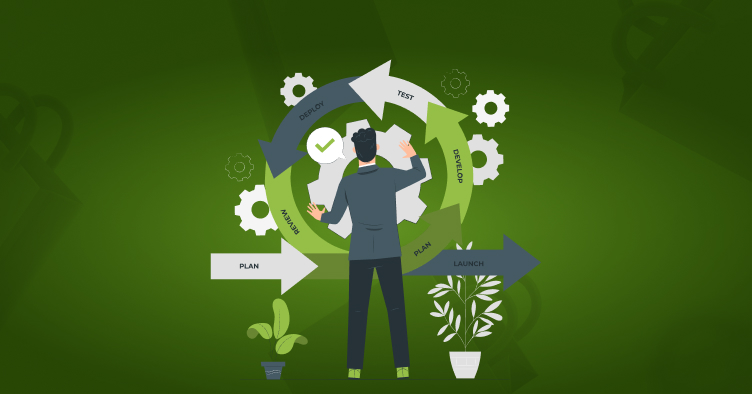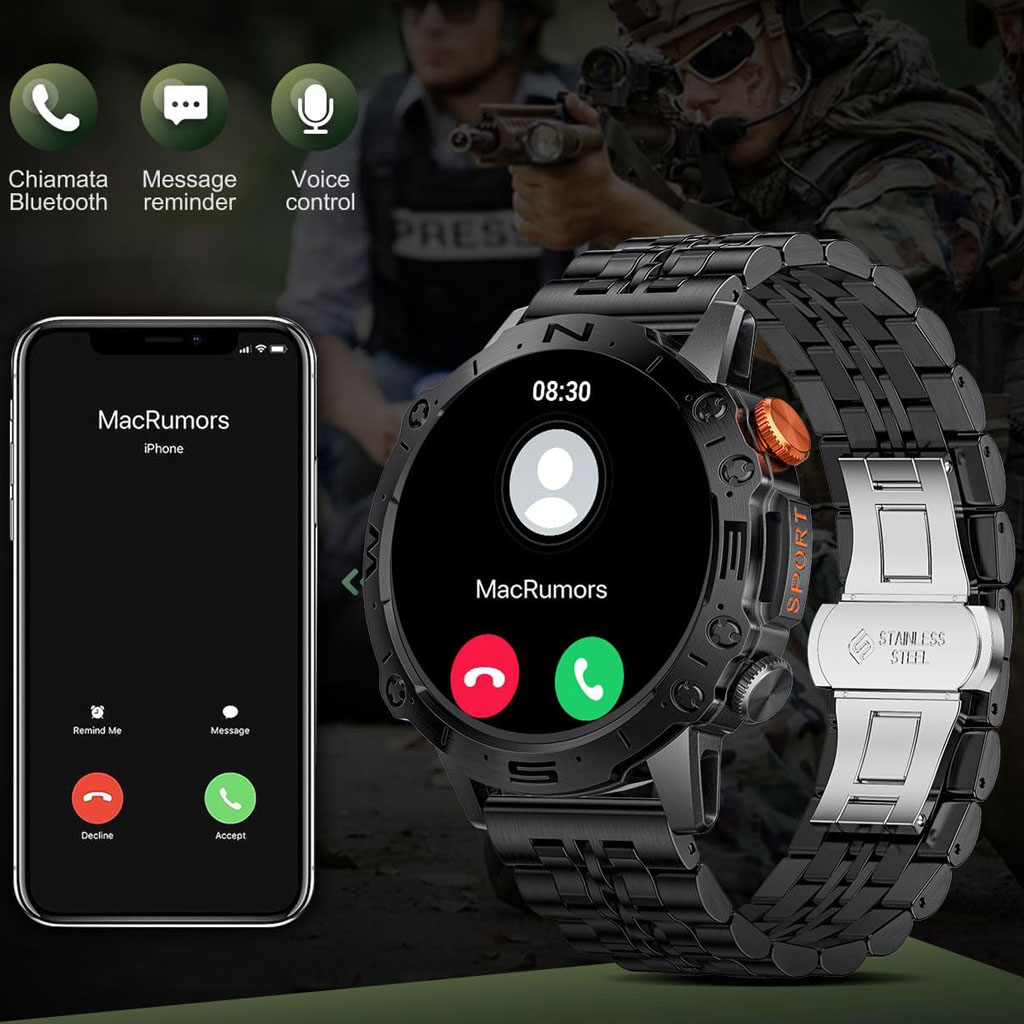
Last Updated | July 31, 2023
How Unleashing E-Commerce Excellence with Shopify Development Process
Are you searching for secrets for a smooth Shopify development process?
In this article, we will discuss a few of the best practices involved in the Shopify development process that will make this phase easy, and you will get the desired output without any problems. You just need to follow these tips to ease your Shopify development process.
When you search the internet for such tips, you will probably get a lot of different answers that will only make your Shopify app development or your Shopify theme development even more complicated.
Therefore, without further delay, we will jump to some of the best secrets that will enable you to complete your Shopify development process smoothly.
Align Your Business Needs, Goals, and Targets
Compiling the required items is the primary step in the Shopify development process, and if this is not present, you will never be able to create a create Shopify app with customization or store successfully.
This stage will present all the needs and requirements in the Shopify development process and the possible difficulties.
When they know their important requirements before even starting then, they can design a Shopify development process route map that will aid in creating a store successfully.
Also, this step is adopted by many Shopify developers. It is considered to be a Shopify development process standard procedure as this step gives them time and direction to work on.
To recognize innovations and learn about market shifts, you can also learn from your competitive stores and use their Shopify development process tactics to achieve your goals.
Create an Impressive UI/UX
Every person that comes to the internet has a thousand options to choose from, and each of these options is competing against each other so that they can get customers. Shopify websites design plays an important role in this, and if your UI/UX is bad, the customer will leave the site instantly.
In the standard Shopify development process approach, creating a user interface is the first step if you want to win your user’s attention in the first few seconds. The UI will decide how your customer will interact with your store, what information will be displayed to them, and what will be held back.
Read Also Shopify Development Plan
Effective Shopify development process instructions include creating a UI that is not very complex, provides a smooth experience, and can be easily handled by the user. If your users want a great experience, your store should have an appealing and engaging design. This will eventually lead to higher customer satisfaction and more sales.
Shopify development process guidelines by many expert Shopify developers include creating a UI that has the following options.
- Input Options such as buttons, lists, and other fields allow the users to interact with the website.
- Search options and sliders that will help users to navigate the website.
- Notifications, information pop-ups, and other messages give users information about the website.
With these options implemented, the Users will have a great experience at your store, increasing engagement and effectively generating more sales.
Remember that you should do this step sparingly because it will confuse the visitor and eventually result in people leaving your website. A website that shows a normal amount of content and effectively shows it can be called ideal.
You should hire a Shopify expert for this step if you are not an expert because nothing will be important if this step is not done properly.
Make Your Store Optimized for SEO
One of any business’s main goals is to generate a good amount of sales, and the company should grow. To make sure this happens, SEO is done so that their business grows over time and more and more people discover their site.
Whether you hire a Shopify development company or hire a Shopify developer, they would most probably not follow the SEO guidelines, and then you will have to do it again later on by paying someone a hefty amount.
Therefore, it is the best Shopify development process direction if you implement SEO guidelines at the start and get higher organic rankings and a lot of visibility all over the internet. Some people think that Shopify’s SEO-friendly features are enough to get visibility, and that is true to some extent, but to get maximum visibility, you need to implement many more SEO techniques.
Read Also Shopify Development Roadmap
Improve Loading Time
Suppose you hire an expert Shopify store development company. In that case, you will see that they focus the most on Shopify speed optimization, which is one of the most important things during the Shopify development process workflow.
The reason behind this is that they know that speed is one of the most critical factors in the success of any store, and it will increase the organic growth and better SEO rankings of your site.
Users also love sites with less loading speed, and if your site takes a long time to load, there is a high chance that 1 in 2 two users visiting your website would bounce back without purchasing anything.
Therefore, you need to improve your overall speed of the website so that you can achieve better results in the Shopify development process system. Also, follow the standards of Shopify development so that your store performs optimistically on all devices.
Read Also How Long Does It Take To Build A Shopify Website
Use a Good Checkout System
One of the most important things on your website is a good checkout system, and most businesses redo their checkout pages after their website is live because they keep getting issues or need to remember what they want to add to it. This means that website would go under maintenance once again, which would have a negative impact on sales.
A good checkout page would have a great impact on your overall business and positively impact your customer satisfaction. Visitors would convert into buyers if they found your checkout page interactive and easy.
There are countless failed businesses that generate very few sales because they have a very difficult-to-use checkout page and a very tiring checkout process and only offer a few Shopify payment options. There is a high chance that you will not get a confirmed sale when your buyer sees such a bad checkout page.
So your checkout page should be flexible, have a great design, and offers a very smooth experience to your users. Following are some of the best guidelines for creating a checkout page.
- Checkout should be completed on a single page.
- Guests can also checkout.
- If you have shipping charges, do not hide them before.
- Your site should have many payment options.
- You should display your security badges so that users feel safe entering their information.
Read Also Building a Shopify App with Node and React
Do Quality Assurance before Launching
Once the website is live, it is the digital representation of your business, and just as if you do not want anything wrong or faulty in your physical store, similarly, you do not want any glitches or bugs in your website as they can potentially damage your reputation and negatively affect your sales.
It is best to test the features and everything else on your website during the development phase so that it can be fixed at that very moment before the website is launched on the internet. You can also test the speed, different buttons and functions, loading times, and other UI elements so that your website can offer a great experience to the user and generate more sales in the long run without costly Shopify maintenance services.
Testing should be done during the Shopify development process and after the development so you can check the Shopify development process machination at every step. You can ask the developers of any big Shopify plus agency, and they will elaborate on how important testing is.
Read Also How is it good to build a website with Shopify
Conclusion About Shopify Development Process
The above-mentioned points are the Secrets of the Seamless Shopify Development Process used by most experts in most Shopify development companies. These points will ease up the development and post-development process.
In addition, these guidelines positively affect your business’s sales and engage more customers to your site. So, do not forget to use these standard practices during your developmental phase.
FAQs for the Shopify Development process
How do I get started with Shopify development?
Getting started with the Shopify development process involves several steps. First, sign up for a Shopify developer account at developers.shopify.com. Familiarize yourself with the Shopify API and documentation. Set up a development store where you can test your customizations. Install a code editor and version control system to manage your code efficiently. Finally, consider joining the Shopify Partner Program to access additional resources and support.
What programming languages and technologies are used in Shopify development?
Shopify primarily uses the Liquid templating language for theme customization. Liquid allows you to dynamically generate HTML and access data from Shopify stores. Besides Liquid, you’ll often use HTML, CSS, and JavaScript to customize themes. For app development, you can use various programming languages like Ruby, Python, Node.js, or PHP, depending on your preference and the requirements of your app.
How do I create a custom Shopify theme?
To create a custom Shopify theme, you can either start from scratch or use an existing theme as a base and modify it to suit your needs. Shopify provides a Theme Kit tool that allows you to work locally on your computer and then upload changes to your store. Alternatively, you can use the Shopify Online Theme Editor to make direct changes to your live theme. Remember to follow Shopify’s theme development best practices and guidelines to ensure your theme is secure and optimized.
Can I integrate third-party apps with Shopify?
Yes, you can integrate third-party apps with Shopify to extend your store’s functionality. Shopify has an extensive app ecosystem where developers can build and publish apps that merchants can install on their stores. As a developer, you can create public or private apps using Shopify’s API. Public apps are available to all merchants through the Shopify App Store, while private apps are custom integrations for specific stores.
How can I test my Shopify store customizations and apps?
Shopify provides a development environment called “Development Stores,” which allows you to create a store specifically for testing purposes. You can experiment with theme changes, app integrations, and custom code in this environment without affecting your live store. Additionally, you can use Shopify’s Theme Kit tool or other similar local development tools to test changes locally before pushing them to your store. Regular testing ensures that your customizations and apps work as expected and minimizes the risk of errors on your live store.
Source: https://ecommerce.folio3.com/blog/shopify-development-process/






